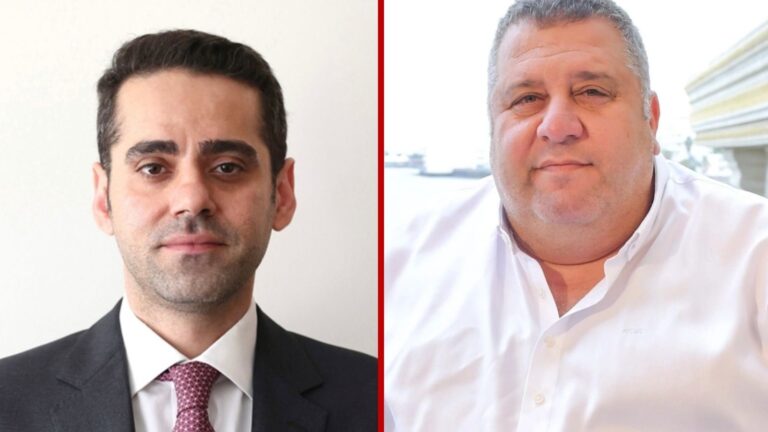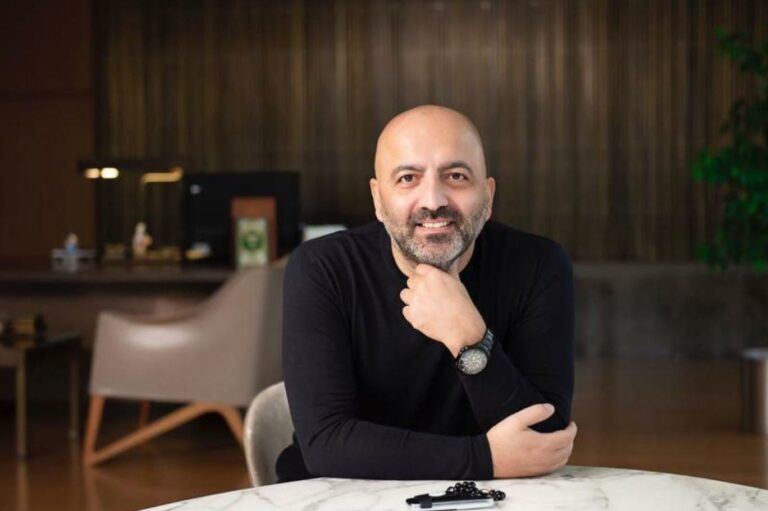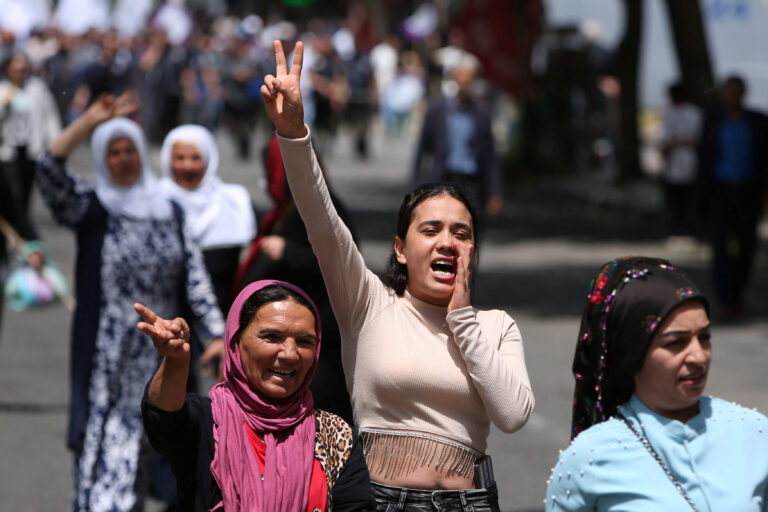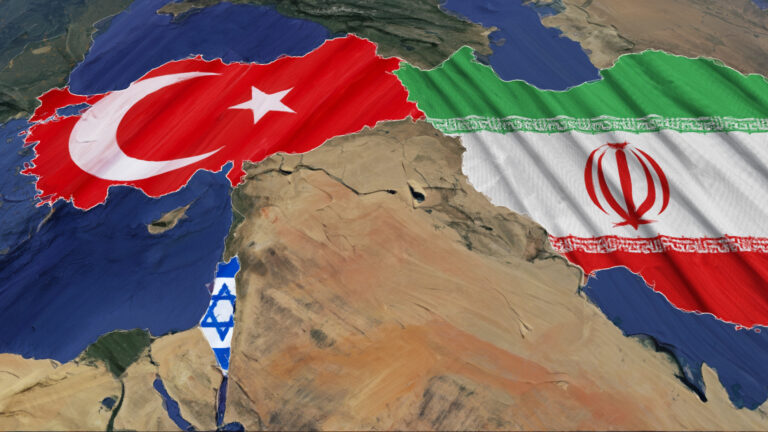A Tuesday phone call between Turkish President Recep Tayyip Erdoğan and United Arab Emirates leader Mohammed bin Zayed Al Nahyan, the Crown Prince of Abu Dhabi, may be the clearest sign yet that the diplomatic relationship between the two countries are thawing following years of strained relations.

President Erdoğan had previously hosted UAE National Security Advisor Sheikh Tahnoun bin Zayed Al Nahyan on August 19th. In the meeting, the two had reportedly discussed bilateral relations, regional issues, and UAE investments in Turkey, according to an announcement by the president’s communications office. Tuesday’s phone call between the two leaders, according to the UAE state news agency, centered around strengthening the relations between the two countries.
The past decade of Turkey-UAE relations, strained in large part by Turkey’s support for the Muslim Brotherhood, have been frosty as they have found themselves on opposite sides of a conflict in Libya, internal politics in Egypt, and a dispute involving Qatar. Turkish support for Islamic movements in the wake of the Arab Spring fueled antagonism with countries like the UAE and Saudi Arabia, intent on preventing the spread of such movements.
Reports earlier this week indicated that the talks had been facilitated, or at least encouraged, by Iraqi Kurdistan President Nechirvan Barzani, who reportedly enjoys good relations with both leaders. Many analysts, however, have been quick to suspect that the possible extradition of Sedat Peker, the UAE-residing Turkish mob boss, may be playing a role in the warming ties. Peker’s series of videos and tweets over the spring and summer alleged corruption and criminal activity at the highest levels of Turkish government, and implicted numerous individuals close to President Erdoğan’s inner circle, prompting widespread public discussion and outrage. As such, the president and ruling Justice & Development Party (AKP) may be eager to silence the mob boss, whose relelations have damaged the party’s self-professed staunch anti-corruption stance. Early reports suggested that the mob boss’ name had indeed been mentioned during the leaders’ telephone conversation.

Peker has remained, at least publicly, unfazed by the possibilty of extradition to Turkey, releasing a tweet on August 27 announcing that neither Turkey nor the UAE possess the power under international law to extradite him. Nevertheless, Peker’s series of videos this past spring was brought to a halt by an alleged warning from Emirati officials. Peker then switched to Twitter to voice his claims, including allegations of secret meetings between the AKP goverment and members of the Gülenist movement. Despite these inflammatory allegations, the mob boss has attracted less discussion and fascination since his switch to Twitter over the summer.
Other issues between Turkey and the United Arab Emirates remain, including old allegations that the UAE had provided support to the failed coup attempt in Turkey in July 2016. Close relations between the UAE and Armenia could also be a sticking point, especially considering Turkey’s support for Azerbaijan in the 2020 Nagaro-Karabag conflict. Even so, the ongoing thaw between the two countries may be part of a larger Turkish foreign policy pivot, one that seeks to cure the regional diplomatic isolation Turkey has experienced since the end of the Arab Spring. Whether or not the mob boss’ extradition will play a role in this remains to be seen.
By Leo Kendrick














